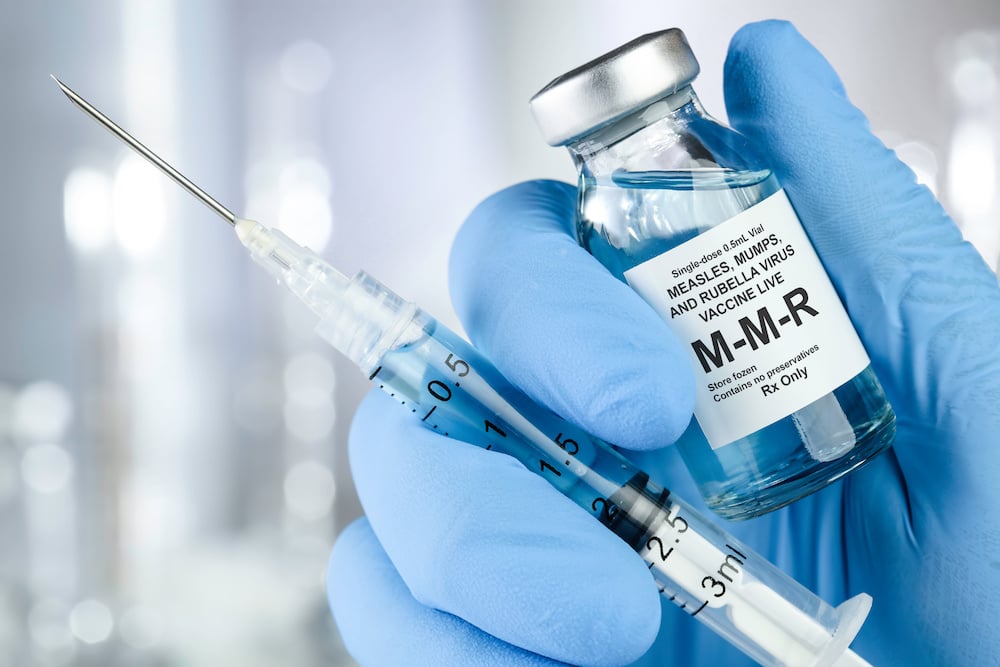A New Study Finds Most Pregnant Women Will Experience Iron Deficiency
Iron deficiency can cause serious complications for both mother and baby, including preterm labor, increased postpartum depression and developmental issues.
According to a new study, 4 out of 5 pregnant women will experience iron deficiency by their third trimester, which can cause serious complications for both mother and baby.
Pregnant women with iron deficiency anemia can have fatigue, shortness of breath and reduced exercise tolerance, but oftentimes they attribute it to simply being pregnant and don’t recognize the cause.
Allegheny Health Network physician Dr. Rama Bhagavatula says iron deficiency occurs so often because a mother’s body requires a higher red blood cell volume to support the pregnancy — the placental growth and the fetal development.
“It’s very easy for a woman to become iron deficient, especially if they are already somewhat iron deficient going into pregnancy,” she says.
Iron deficiency also increases the risk of preterm labor, preeclampsia (dangerously high blood pressure), and even postpartum hemorrhage because women who go into delivery with low iron stores can have excessive bleeding, which also increases the risk of needing a blood transfusion.
Babies can be born with low birth weight or small for their gestational age. Iron deficiency can also have developmental consequences as a child grows and has been linked to conditions such as autism or ADHD, Bhagavatula says.
One of the most concerning results of iron deficiency is that it can contribute to postpartum depression, she says.
“Imagine if they are already feeling fatigued, really tired and depleted, that adds on to the postpartum depression and also affects the maternal-fetal bonding,” Bhagavatula says.
Bhagavatula advocates for regular screening throughout pregnancy and supplementing iron in some form.
“I want women to know that even though you think that you’ve had a good diet, you’ve been otherwise healthy, I think it’s important for them to just recognize that you can be iron deficient, and it is a very common problem, but a very, very treatable problem,” she says.















